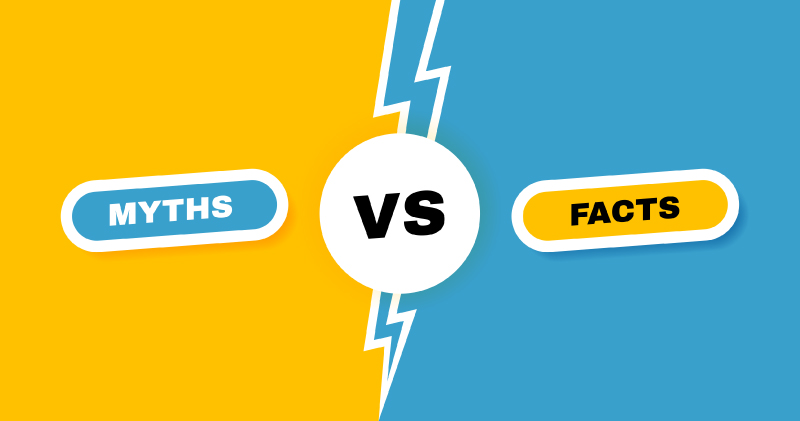Hearing Loss Myths: Separating Fact from Fiction This Halloween
As Halloween approaches, it's not just ghosts and ghouls that come out of the shadows; misconceptions about hearing loss and hearing aids also tend to surface. In the spirit of dispelling the darkness with knowledge, let's shine a light on some of the most common misconceptions surrounding hearing loss and hearing aids during this spooky season.
Myth 1: Hearing Loss Can Only Affect the Elderly
Fact: While it's true that hearing loss becomes more prevalent as we age, it can affect individuals of all ages, including children and young adults. Exposure to loud noises, genetics, illnesses, and accidents are just a few of the factors that can contribute to hearing loss at any stage of life.
Myth 2: Hearing Loss is Inconsequential
Fact: Hearing loss is far from inconsequential. Social isolation, depression, and cognitive decline are potential consequences of a condition that can profoundly impact one's life. Untreated hearing loss can also affect relationships and job performance.
Myth 3: Hearing Aids Make Hearing Perfect
Fact: While hearing aids can significantly improve hearing for many people, they do not restore perfect hearing. Hearing aids amplify sounds and help individuals hear more clearly, but they cannot fully replicate the natural hearing process.
Myth 4: Hearing Aids Are Large and Unattractive
Fact: Modern hearing aids come in various styles and sizes, many of which are discreet and virtually invisible when worn. Some models are even designed to match hair or skin color, making them hardly noticeable.
Myth 5: Only One Hearing Aid is Necessary
Fact: If you have hearing loss in both ears (which is common), wearing two hearing aids is typically recommended. This helps provide a more balanced and natural listening experience by improving sound localization and speech understanding.
Myth 6: Hearing Aids Are Uncomfortable
Fact: With technological advances, hearing aids are now more comfortable than ever. Many people find them easy to wear and can be custom-fitted to ensure a snug and comfortable fit.
Myth 7: Hearing Aids Are Too Expensive
Fact: While hearing aids can be an investment, various options are available at different price points. Some insurance plans and organizations offer financial assistance or subsidies for hearing aids.
Myth 8: You Can Ignore Hearing Loss, and It Will Go Away
Fact: Hearing loss is typically a permanent condition. Ignoring it can lead to further deterioration and make treatment less effective. Early intervention is key to managing hearing loss effectively.
Myth 9: Hearing Loss Only Affects Hearing
Fact: Hearing loss can have a cascading effect on overall health. It has been linked to an increased risk of falls, cognitive decline, and even heart health issues. Treating hearing loss can help reduce these risks.
Myth 10: You Don't Need a Hearing Specialist; You Can Self-Treat
Fact: While over-the-counter hearing amplifiers may seem convenient, they are not a substitute for professional evaluation and treatment by a hearing care specialist. An audiologist can accurately diagnose your hearing issues and provide tailored solutions. Also take our online hearing test from the comfort of your own home.
Contact Us Today!
This Halloween, let's not be spooked by myths about hearing loss and hearing aids. Separating myths and facts can encourage a more informed and compassionate approach to hearing health. If you or a loved one is experiencing hearing difficulties, contact us at Beltone Dallas Fort Worth. A world of improved hearing and better overall well-being awaits.






